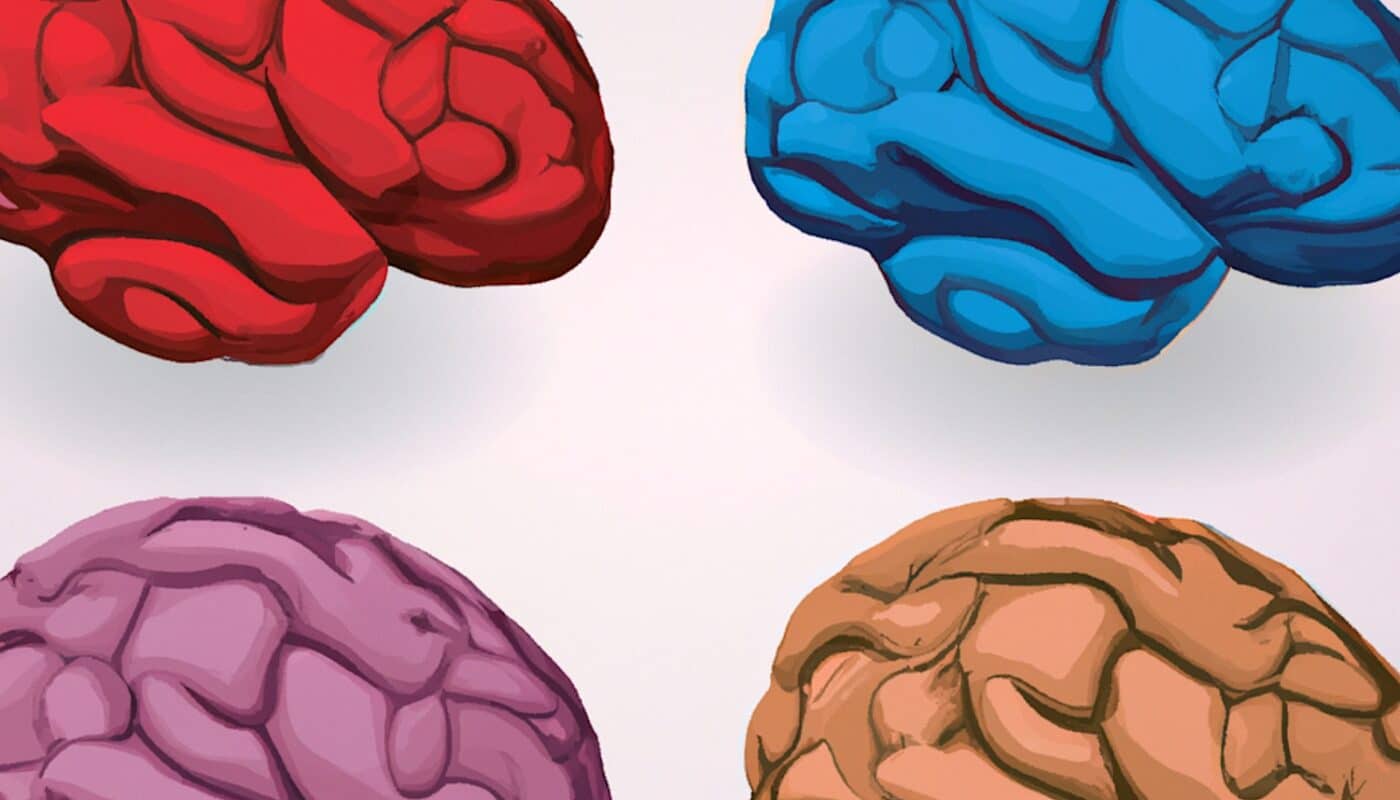Artificial intelligence (AI) has become a key topic in the world of technology and innovation. Among the various AI approaches and tools, the GPT (Generative Pre-trained Transformer) occupies a special place and raises many questions. In this article, we’ll explore the main features of GPT and examine its impact on our society.
What is GPT and how does it work?
GPT is a deep learning model based on transformers, which are artificial neural networks designed to process sequences of data. These models were developed by OpenAI, a company specializing in AI research. GPT is mainly used for tasks related to automatic natural language processing (NLP), such as text generation, machine translation and answering questions formulated in natural language.
The GPT works in two main stages:
- Pre-training: this phase consists of training the model on a large set of textual data, taken from websites, books or articles, for example. During this stage, the model learns to predict the next word in a sentence, based on the words that precede it.
- Fine-tuning: once pre-trained, the model is then adapted to specific tasks using a smaller, targeted data set. For example, if you want to use Chat GPT to generate consistent responses in a chatbot, you’ll need to train it on relevant conversations.
GPT versions: evolution and performance
Since the first GPT was created in 2018, several versions have been released, each offering improvements in terms of performance and capabilities:
- GPT: the first model, with 117 million parameters, was used to perform various NLP tasks with promising results.
- GPT-2: this version, released in 2019, features an impressive 1.5 billion parameters, greatly improving performance over its predecessor. GPT-2 was used to generate convincing, coherent texts, sparking debate around the ethical issues involved in using AI capable of creating fake texts.
- GPT-3: the latest version, launched in 2020, has no fewer than 175 billion parameters, making its performance even better than that of GPT-2. Among the many possible applications for the GPT-3 are the generation of computer code, the creation of articles and the writing of poems.
The applications and limits of GPT in our society
GPT has given rise to numerous applications, some of which have had a significant impact on the way we work and interact with technology:
Chatbots and virtual assistants
One of the most popular uses of GPT is the implementation of chatbots capable of understanding and answering users’ questions in natural language. These tools are deployed on a variety of platforms, including websites, mobile applications and instant messaging, facilitating access to information and customer support.
Automatic content generation
GPT can also be used to generate textual content automatically, whether for blog posts, product descriptions or video game scenarios. This feature enables companies and designers to save time by entrusting the writing of certain texts to an AI, while maintaining a high level of quality.
Automatic translation
Thanks to its advanced linguistic capabilities, GPT can be used as an automatic translation tool, taking into account the context and nuances of each language. Although this technology does not yet replace human translators, it is an invaluable asset for processing large quantities of text quickly and efficiently.
Despite its many applications, GPT also has certain limitations:
- Poor understanding of context: although the GPT can generate seemingly coherent answers, it can sometimes fail to correctly understand the context of a question or topic, leading to inappropriate or inaccurate responses.
- Ethics and manipulation: the use of AI capable of creating convincing texts raises ethical questions, particularly with regard to misinformation and the spread of fake news.
In short, GPT artificial intelligence is a promising and constantly evolving technology, offering a wide range of applications in a variety of fields. However, it is essential to take into account its limits and the ethical challenges it raises, in order to use it responsibly and to the benefit of our society.









